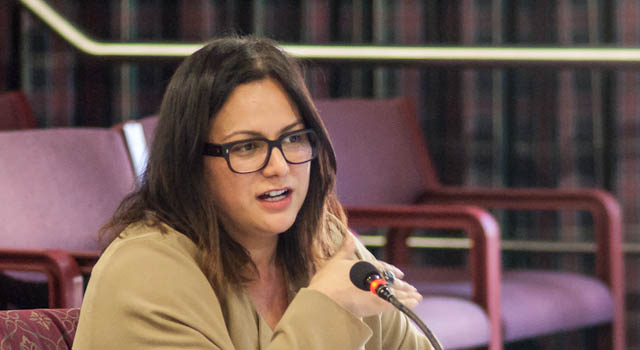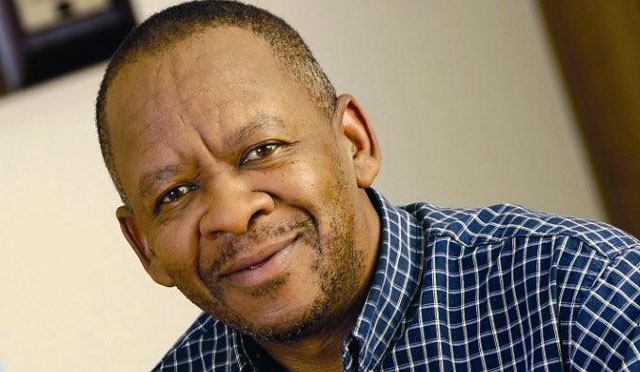
DStv parent MultiChoice did not force the SABC to agree not to carry its free-to-air channels on broadcasting platforms that use encryption and a clause to this effect in a channel supply agreement was not contingent on the deal going ahead, the pay-television operator has said.
The company is seeking to limit the fallout as accusations continue to fly about the controversial deal with the SABC for the supply of a 24-hour news channel (which has been provided) and a 24-hour entertainment channel (which hasn’t been launched yet, missing deadlines agreed to in the contract).
In an interview with TechCentral, MultiChoice executive chairman Nolo Letele contends that the SABC deal “is in no way different” to any other channel supply agreement the company enters into with other broadcasters on a regular basis. He has described “the whole notion that MultiChoice has hijacked the SABC” as “without substance and quite ridiculous”.
The company has hit back at Caxton after the community newspaper publisher and two public broadcasting advocacy groups accused it of concluding a deal with the SABC that constituted a merger and not seeking the necessary regulatory approvals.
Caxton, along with the SOS Coalition and Media Monitoring Africa, are challenging the July 2013 deal, which, critics say, led to the public broadcaster abandoning its support of set-top box encryption for digital TV.
MultiChoice is opposed to encryption in digital terrestrial television, saying it will amount to unfair competition from prospective pay-TV rivals who could piggyback off government’s plan to subsidise 5m set-top boxes in poorer households. It argues, too, that encryption will make migration more expensive and ultimately is not in consumers’ best interests.
Rival e.tv contends that encryption is crucial to ensure free-to-air broadcasters can get access to the best content, including content in high-definition, and that without it, the sector risked becoming “ghettoised”.
Letele says MultiChoice did not insist that the contentious clause about encryption be included in the SABC agreement for the deal to go ahead. The deal is worth more than R100m/year to the SABC over five years, but Letele says the encryption clause was “always at [the SABC’s] discretion” and not including it “would not have scuppered the deal”.
M-Net director of regulatory and legal affairs Karen Willenberg says that at the time the deal was signed, in mid-2013, former communications minister Dina Pule had said publicly that government intended reversing its previous support of encryption in set-top boxes. (Pule was fired before she has a chance to change the policy.)
“Following the statement by minister Pule that this was how she was going to resolve this issue, it presented an opportunity to record [this] for clarity. At that point, in 2013, we understood that was the outcome,” Willenberg says. “No one expected Pule to be fired and be replaced by [Yunus] Carrim.”
She says neither MultiChoice nor the SABC are responsible for determining government policy on broadcasting and that was not the intention.
“It reflects a commercial arrangement between two parties. The agreement didn’t dictate the policy outcomes.”
But Caxton argues in an application filed at the Competition Tribunal that the SABC “effectively ceded its power to determine its policy on set-top box encryption to a commercial broadcasting entity that is also its competitor”.
They have three main concerns with the deal. They argue that the SABC handed over power and control of its archives to MultiChoice.
They say, too, that the SABC effectively ceded its power to determine its policy on set-top box control to a commercial broadcaster that is also a competitor.

Lastly, for a future channel to be developed by the SABC, they say MultiChoice may veto some programmes and select only the best ones to be broadcast exclusively on the SABC-MultiChoice platform.
In a statement on Monday, Letele rubbished the allegations, saying they are based on “misrepresentations”.
“There’s simply no basis to suggest that there is anything wrong with our relationship with the SABC,” he says. “The truth is that this is a standard commercial agreement for the supply of two television channels.”
Caxton argues the deal amounts to a merger and as such has to be presented to the competition authorities for approval. But Letele said in the statement that “there is no way this can be described as a merger”.
“It’s also not true to say we’ve influenced the SABC’s position on encryption. The SABC has taken different positions on encryption at different times during the digital migration process for reasons unrelated to the agreement with MultiChoice. However, before the agreement with MultiChoice was concluded, the SABC was opposed to encryption.”
Letele says it is untrue that MultiChoice is taking over the SABC’s extensive archive. He says the SABC entertainment channel, which will be launched “soon”, will use less than 1% of the public broadcaster’s archive library.
“This contract must be distinguised from a scenario where a broadcaster buys your archive library lock, stock and barrel. This is very different,” Letele says. “We have acquired the right to broadcast a channel. The packaging and editorial decision making on the content is the sole responsibility of the SABC.”
The SABC is “entirely at liberty to license this content to other parties”, he says. — © 2015 NewsCentral Media




